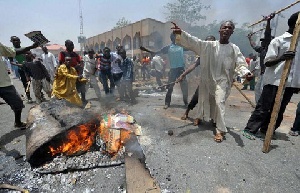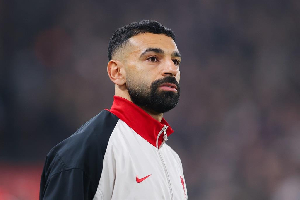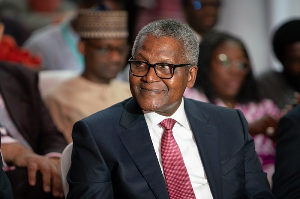The National Peace Council has stressed that the consistent violent clashes that have bedevilled the Northern, Upper East and Upper West regions for some time now were having a great toll on development of these areas.
It said the bloody conflicts were making it difficult for well-meaning individuals, organizations and foreign investors to secure projects and resources for the development of these regions.
The Executive Secretary of the Council, Francis Azuimah, said this at a two-day workshop organized by the National Peace Council on Conflict Resolution Mechanisms for Paramount Chiefs and Queen Mothers in the Upper East region.
The program, which, was sponsored by European Union and the United Nations Development Program was on the theme “Strengthening the Capacity of Traditional Leaders in Conflict Prevention and Management”.
Currently seven cases of disputes linked to chieftaincy are before the Upper East Regional House of Chiefs.
On Sunday, July 30, this year, a protracted chieftaincy related conflict at Atulbabisi in Bolgatanga resulted in another clash with one person killed and two others wounded with machetes.
Government has in the wake of this clash restricted movement from 10;00pm to 6:00am daily.
This, measure, is however, taking a great toll on businesses as several ventures are compelled to shut down much earlier that the usual hours.
A Member of the National Peace Council Board, Shaibu Abubakar, stressed the urgent need for the people in the region to embrace peace so that the region will gradually move away from poverty.
This, he emphasized, will motivate investors to bring business opportunities to the regions.
In a speech read on his behalf, the President of the Upper East Regional House of Chiefs, Naba Olando Awini, said the house acknowledged the fact that peace is a re-requisite for development, therefore the need for resolution and prevention of conflicts in the traditional areas was key.
He lauded the National Peace Council for sensitizing the house on the complexity and dynamism of conflict resolution mechanisms with focus on negotiation, dialogue and mediation skills.
Naba Olando was of strong conviction that the acquisition of these skills will help chiefs and queen mothers to be well equipped to handle and resolve the growing conflicts in their respective traditional areas.
The Upper East Regional Minister, Rockson Bukari, who was represented by the Regional Coordinating Director, Alhaji Abdulai Abubakar, noted that some of the conflicts in the communities were brewed by some of the chiefs.
He said some chiefs tend to throw all cautions to the dogs and engage in activities that have the tendency to bring the name of the institution into disrepute.
He stressed that this will reduce the confidence people repose in them to adjudicate matters fairly.
While entreating traditional authorities to build credibility in the eyes of their subjects and the public through personal attributes, the minster, pledged his outfits preparedness to resource the National Peace Council and give it the freehand to do its work to complement the efforts of government.
General News of Saturday, 12 August 2017
Source: gbcghana.com













